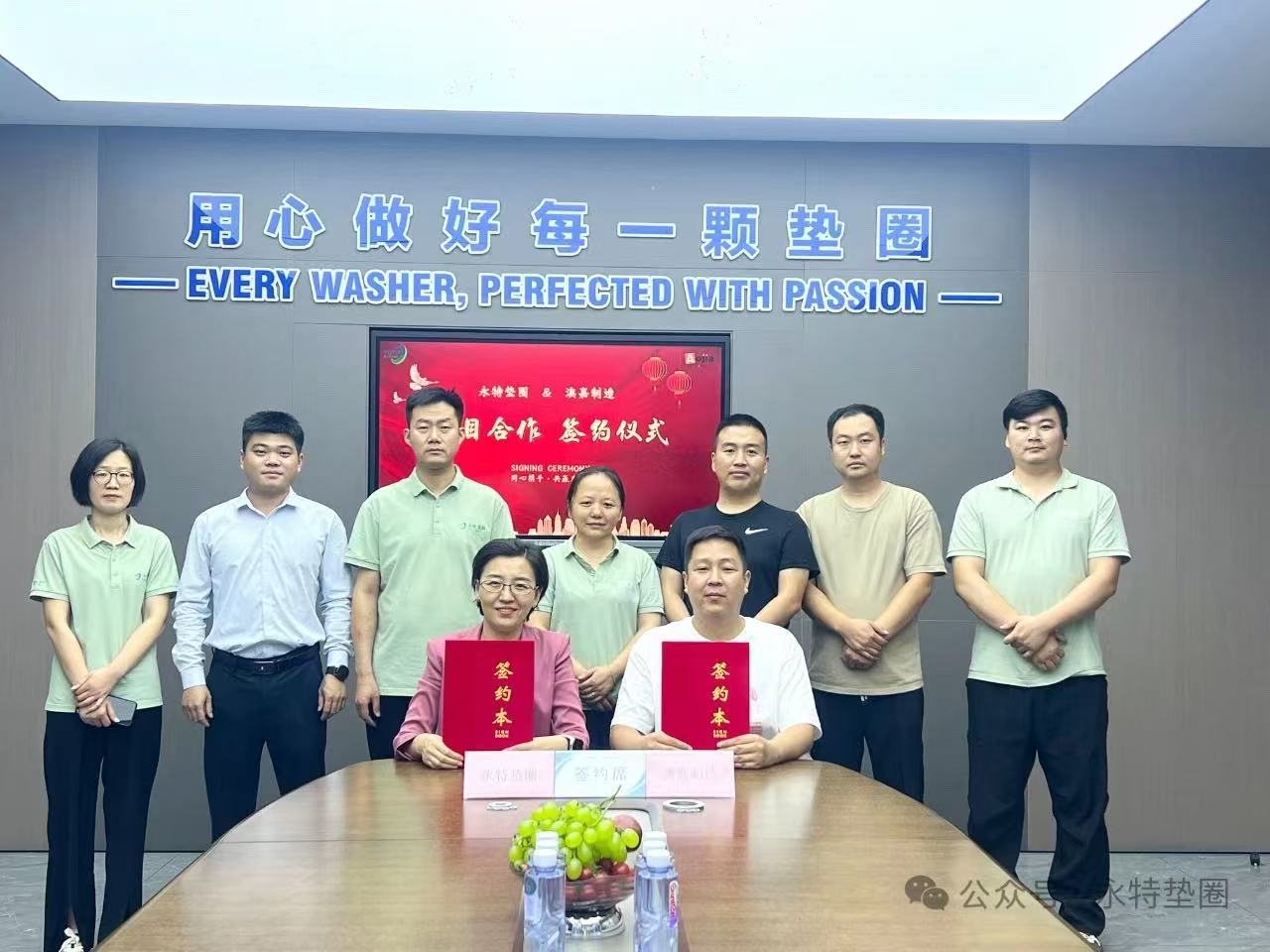Understanding DIN7349 Thickened Washers: Essential Components for Industrial Applications
2025-08-26
In the domain of industrial equipment and components, the DIN7349 thickened washer plays a vital role in ensuring secure fastening and load distribution. These washers are designed to enhance the performance and longevity of various connections by preventing damage to surfaces and minimizing the risk of failure in mechanical assemblies.
The DIN7349 thickened washer is characterized by its increase
In the domain of industrial equipment and components, the DIN7349 thickened washer plays a vital role in ensuring secure fastening and load distribution. These washers are designed to enhance the performance and longevity of various connections by preventing damage to surfaces and minimizing the risk of failure in mechanical assemblies.
The DIN7349 thickened washer is characterized by its increased thickness compared to standard washers. This added thickness provides several advantages, primarily in the distribution of load across a wider area. By spreading the load, these washers can significantly reduce the stress on the materials being fastened, thereby decreasing the likelihood of deformation or failure due to concentrated forces. This feature makes them particularly valuable in applications where high torque or significant vibrations are present, such as in machinery and structural components.
When selecting a thickened washer, it is crucial to consider the material properties and dimensions that align with the specific requirements of your application. Common materials used for DIN7349 thickened washers include steel, stainless steel, and other alloys, each offering different levels of corrosion resistance, strength, and flexibility. The dimensions, including the inner and outer diameter as well as the thickness, should correspond to the specifications of the bolts or screws being utilized. This ensures that the washer fits correctly and performs as intended.
One of the key benefits of using DIN7349 thickened washers is their ability to enhance the overall reliability of a fastening system. By minimizing surface contact pressure, they help prevent damage to painted or coated surfaces, which can be critical in industries where aesthetic quality or corrosion resistance is paramount. Additionally, they can serve to absorb vibrations, further stabilizing the assembly and prolonging the lifespan of the connected components.
In various industrial applications—ranging from automotive to construction—the use of DIN7349 thickened washers can lead to improved safety and performance. When correctly integrated into fastening systems, they contribute to a more robust assembly that can withstand the rigors of operational environments.
In conclusion, the DIN7349 thickened washer is more than just a simple component; it is an essential element that enhances the durability and efficiency of fastening solutions across a multitude of industries. Understanding their characteristics and proper usage can make a significant difference in the performance of your machinery and equipment. Always ensure to choose the appropriate type and specification for your specific application needs to maximize the benefits they offer.
The DIN7349 thickened washer is characterized by its increased thickness compared to standard washers. This added thickness provides several advantages, primarily in the distribution of load across a wider area. By spreading the load, these washers can significantly reduce the stress on the materials being fastened, thereby decreasing the likelihood of deformation or failure due to concentrated forces. This feature makes them particularly valuable in applications where high torque or significant vibrations are present, such as in machinery and structural components.
When selecting a thickened washer, it is crucial to consider the material properties and dimensions that align with the specific requirements of your application. Common materials used for DIN7349 thickened washers include steel, stainless steel, and other alloys, each offering different levels of corrosion resistance, strength, and flexibility. The dimensions, including the inner and outer diameter as well as the thickness, should correspond to the specifications of the bolts or screws being utilized. This ensures that the washer fits correctly and performs as intended.
One of the key benefits of using DIN7349 thickened washers is their ability to enhance the overall reliability of a fastening system. By minimizing surface contact pressure, they help prevent damage to painted or coated surfaces, which can be critical in industries where aesthetic quality or corrosion resistance is paramount. Additionally, they can serve to absorb vibrations, further stabilizing the assembly and prolonging the lifespan of the connected components.
In various industrial applications—ranging from automotive to construction—the use of DIN7349 thickened washers can lead to improved safety and performance. When correctly integrated into fastening systems, they contribute to a more robust assembly that can withstand the rigors of operational environments.
In conclusion, the DIN7349 thickened washer is more than just a simple component; it is an essential element that enhances the durability and efficiency of fastening solutions across a multitude of industries. Understanding their characteristics and proper usage can make a significant difference in the performance of your machinery and equipment. Always ensure to choose the appropriate type and specification for your specific application needs to maximize the benefits they offer.
Keywords:
Hot Products
Related news
Revolutionizing Fasteners: The GB858 Anti-return Washer Explained
Discover the innovative features of the GB858 Anti-return washer and how it enhances mechanical applications.
2025-08-27














